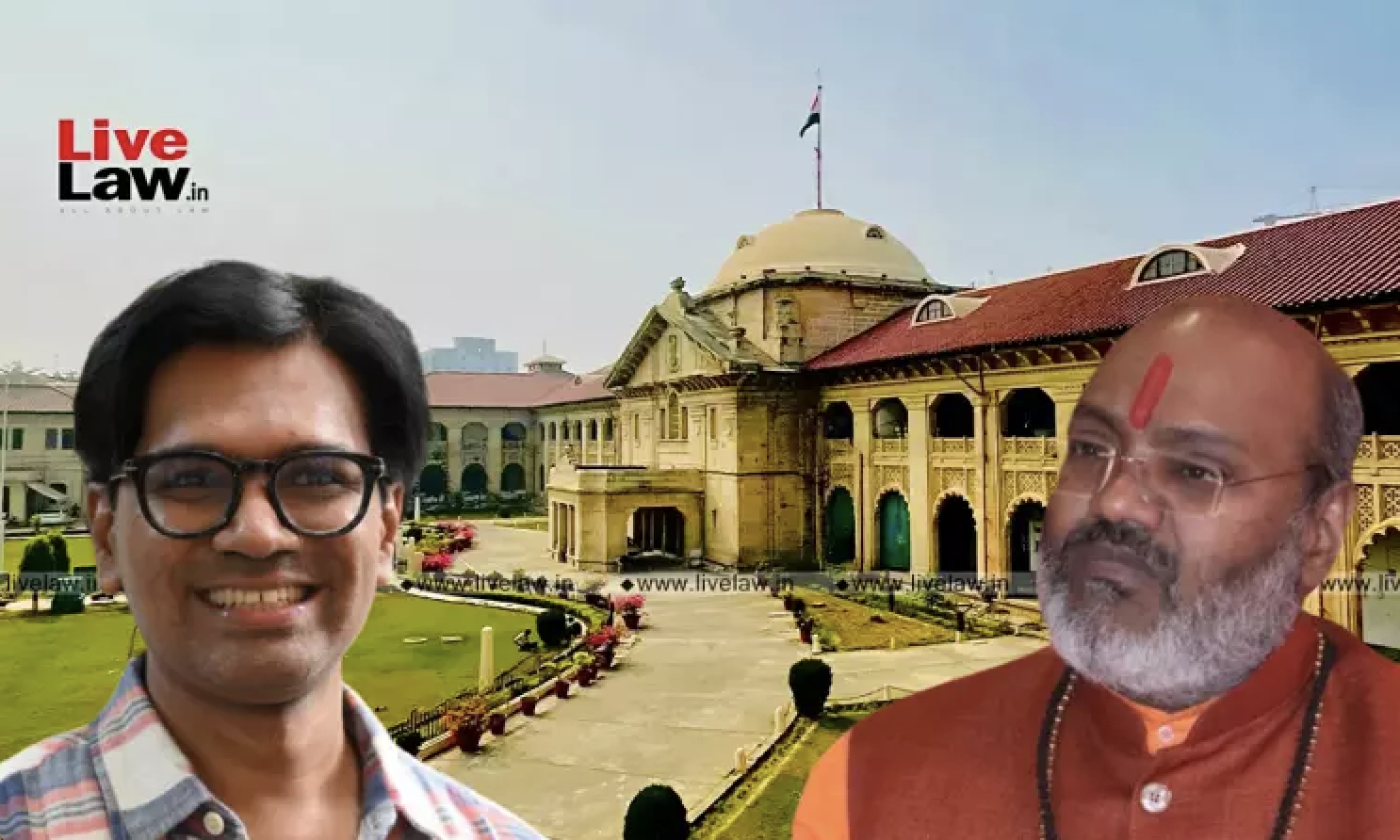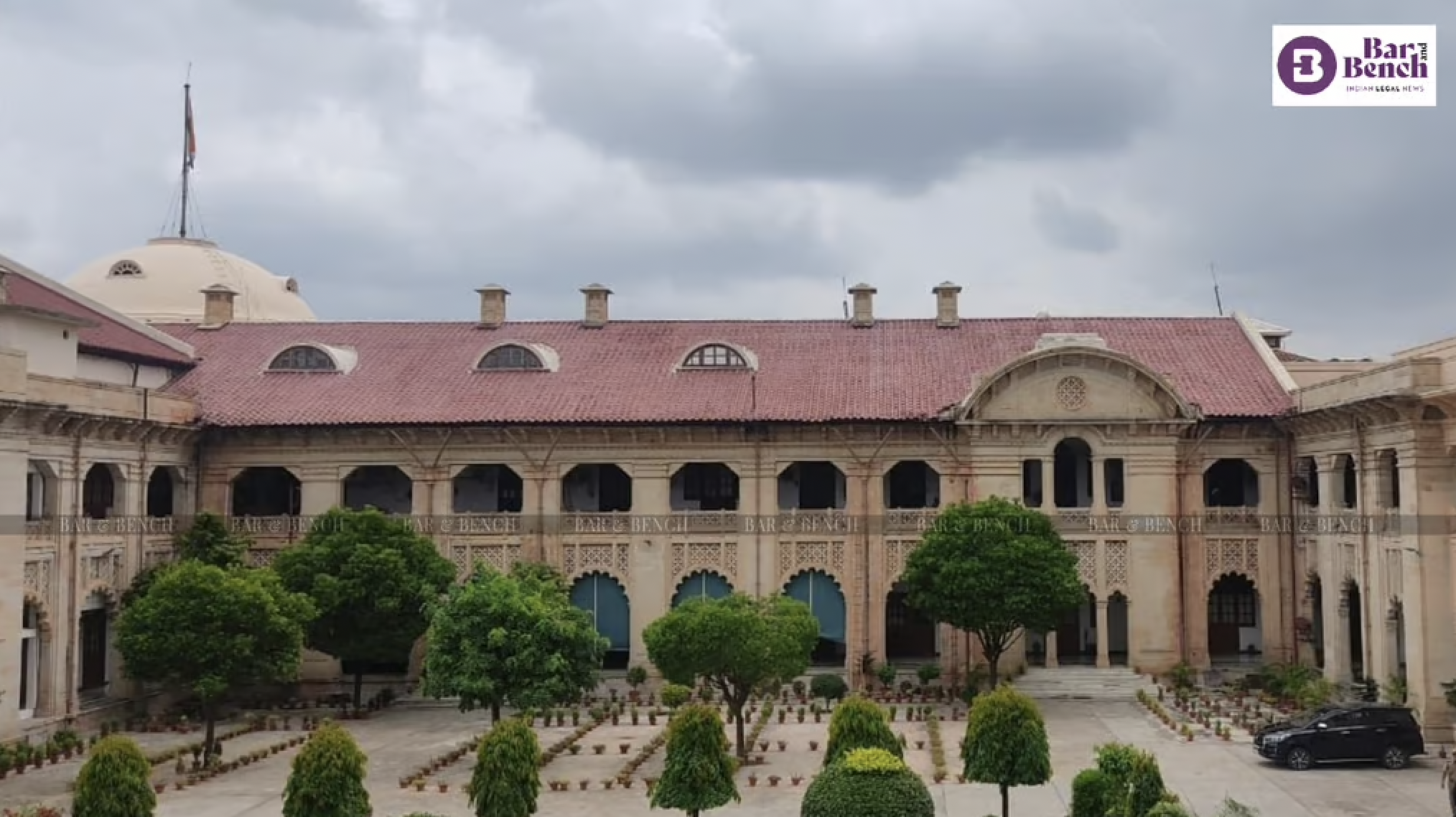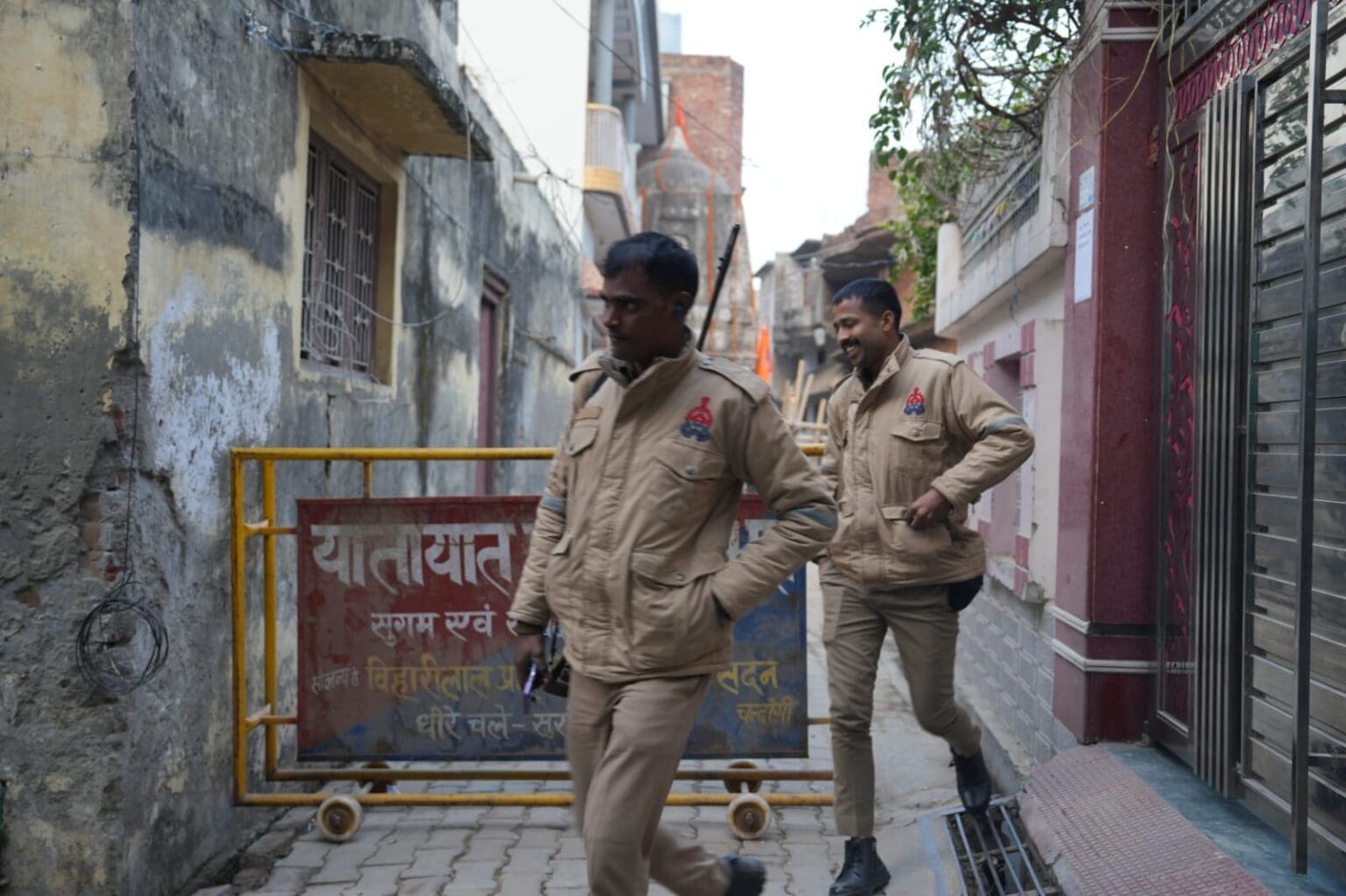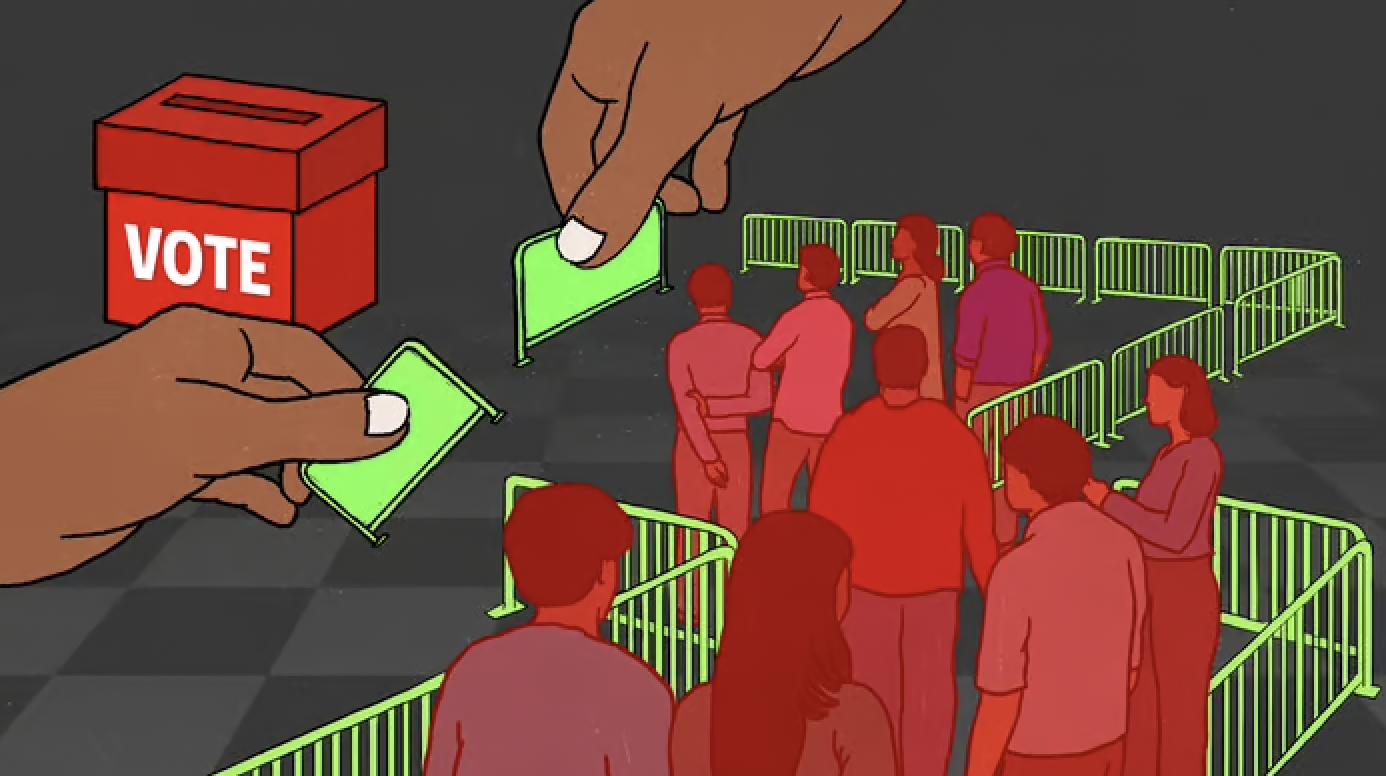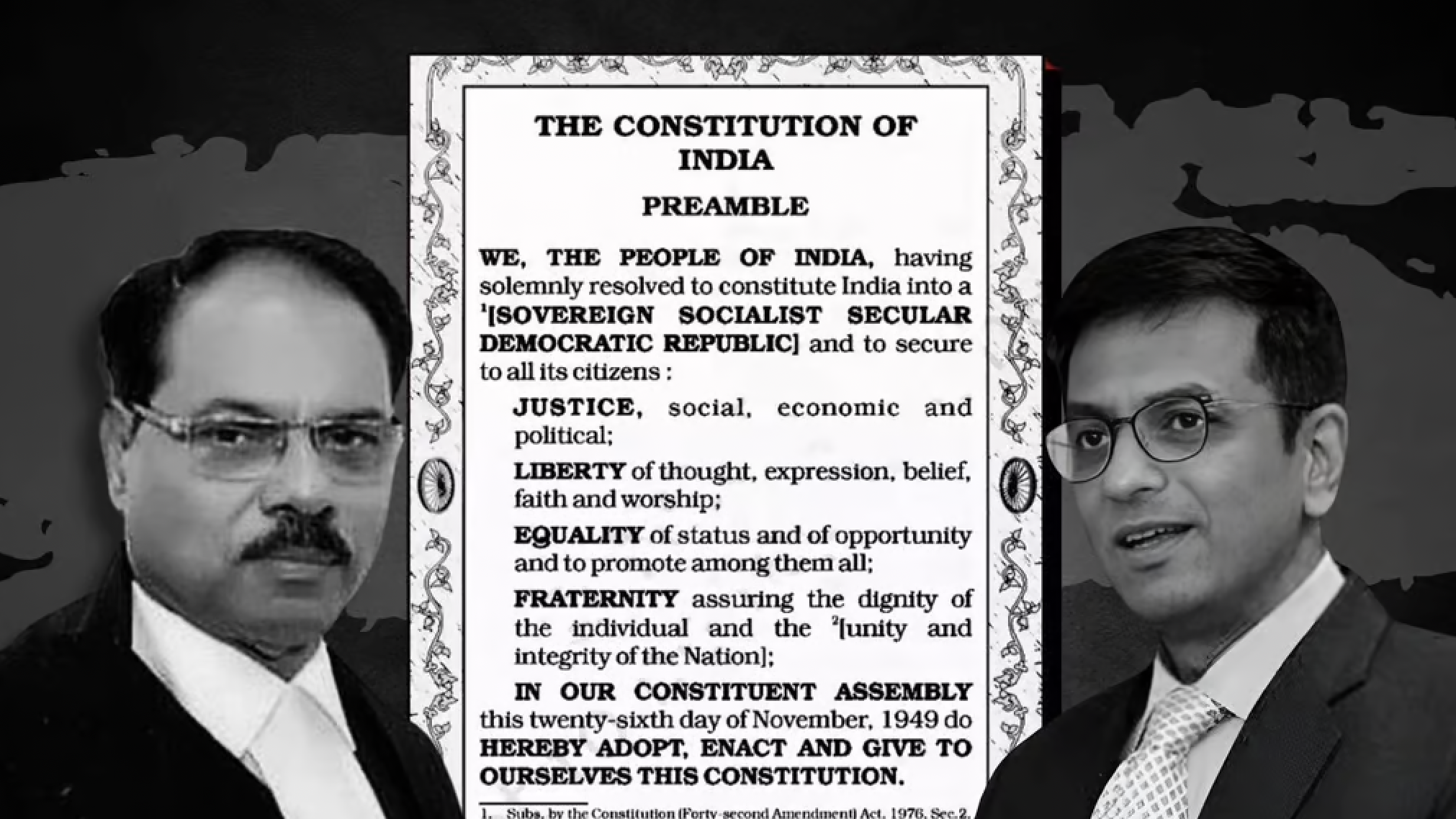
After being released from Assam detention centers, former detainees accused of being foreigners are required to produce themselves before the officer-in-charge at their respective police stations every week. Most of these former detainees are daily labourers who are barely able to make a living amid the Covid-19 pandemic, making these weekly visits a financial burden on them. A TCN Ground report features some of these former detainees and their current struggles for fighting for their citizenship and dignified living.
Mahibul Hoque | TwoCircles.net
GUWAHATI – It was a moment of relief for Mamiron Nesa from Takakata village in Assam’s Barpeta district and the human rights activists from the state when the 44-year-old lady was released from Kokrajhar detention centre in 2019. The relief waned out soon for her like other ‘declared foreigners’ released after a Supreme Court of India judgement allowed the detainees to be given bail on the production of two sureties worth Rs 1 lakh each along with the verifiable address.
The released detainees are now required to produce themselves before the officer-in-charge at their respective police stations every week.
The detainees said that the “process of producing themselves at police stations” is draining them emotionally and financially.
Every week, Mamiron has to present herself at Kalgachia police station in Barpeta district to mark her attendance. Every visit incurs her a cost of Rs 300. Spending this amount every week is difficult for her.
“My husband died while I was in Kokrajhar detention centre. My brothers have sold everything to fight my case and there is no adult in my family now to earn. How can I manage the money to go to the police station every week?” she said, ruefully.
During the ten-year-long court case, she lost an unborn child after she was administered an injection during detention. Her husband died of a heart attack, and her brothers sold one and a half bigha land, their small food production factory, their shops and cattle to fight her case.
The expenses incurred on the family to fight Mamiron’s citizenship case forced her brothers to migrate to other states and work as labourers.
Mamiron’s village is a remote riverine sandbank on the banks of the Brahmaputra river, which is commonly known as Char. She has to walk around one-and-a-half kilometres from her small shed to the river bank from where she takes a boat to cross the river. Boatmen, known to her, do not charge knowing the financial condition of Mamiron. From there she takes a vehicle to the Kalgachia police station.
“Before Covid-19 lockdown, I used to pay Rs 120 as fare back and forth. Since lockdown, I have to pay more than Rs 200 each time. As there is almost no work in the village, being a daily wager, how am I supposed to spend so much money every time?” she said.
Mamiron was declared an ‘illegal foreigner’ by a Foreigners Tribunal at Barpeta after it found some discrepancy in her lineage. In her documents, her grandfather’s name had a clerical error and despite her grandfather’s 1951 National Register of Citizens (NRC), she was declared a ‘foreigner’.
Foreigners Tribunals (FT) in Assam are quasi-judicial bodies with the mandate to issue orders in ‘doubtful citizens’ cases. There are 100 FTs in Assam to hear the cases and its members comprise mostly of lawyers with ten years of experience from district courts.
After being imprisoned for ten and half years, her release from the detention centre landed her and her family into the struggle of probing citizenship and repeated visits to the police station.
“Even on the day when my grandfather died, I had to go to the police station for the haziri (to produce in the police station). I submitted an appeal to the Kalgachia police station to allow me to mark my presence at the Moinbori police outpost. But the OC denied my appeal. He even said I might have to attend the police station every three days,” Mamiron said.
Echoing Mamiron’s agony, 49-year-old Rajkumar Mandal from Kasaribheti village of Bongaigaon district said, “I only have my wife to support me. She works as domestic help in the nearby villages to earn the money so that I can go to the Police station to give my attendance. During the lockdown, there is hardly any work even for her now.”
Rajkumar was detained in 2016 and was lodged at Goalpara detention centre before he was released on bail in 2019. He has to travel to Abhaypuri police station to give his attendance for which he has to spend Rs 120 for vehicle fare every week.
“My wife used to earn Rs 800 per month and I go to Borkhola Bazar looking for any cleaning work so that we can survive. Since lockdown I rarely find work. So with such little income how can I manage the expenses? I cannot even go to any other state to work to earn money as I have to be present at the police station every week. It has become difficult for us to earn our living now,” he said.
46-year-old Halima Khatun from Tilapara village from the same district had an identical story to share. A family of seven, it has become hard for them to support her as they have exhausted all resources while fighting the case.
“Now every week I have to spend more than Rs 120 to mark my presence at Abhaypuri police station. From where do I get the money every week?” Halima question.
Unjustified harassment
After the Supreme Court verdicts in 2019 and Guwahati High Court orders on the release of detainees from detention centres meant for ‘illegal foreigners’, around 1100 detainees have been released from six detention centres in Assam.
Since 2008, 1376 persons have been imprisoned in the detention centres, and as of now, 16 people remain in the jails, which include 5 in Kokrajhar, 3 each in Jorhat and Tezpur, 2 each in Goalpara and Dibrugarh and one person at Silchar who has been transferred to Haflong central jail.
Being released on bail has not brought any respite to these persons as the weekly attendance system at the police station has put them into a financial burden.
Zamser Ali, a senior journalist and author who has been working on NRC, D-Voter, and citizenship cases in Assam termed the process as “unnecessary harassment.”
“Those who have been released on bail have nowhere to go except Assam. They are staying either with their families or their close ones in different parts of the state. This proves that they are genuine citizens. Being at detention centres for a long time has turned many people into a state where they cannot work. So it is difficult for them to manage the expenses to mark their attendance. This also puts a great burden on the families of these people,” Ali said.
Ali said that the federal Home Ministry should review the cases of these people.
“There are not many cases. Take 1000 cases and get them reviewed by a committee of five former Supreme Court judges. If the commission finds these as genuine orders by the FTs then FTs can function but if the commission finds that most of the cases are arbitrary orders issued by FTs then these tribunals, as well as the weekly attendance system, should be scrapped completely,” he said while pointing out that documents in more than 90 per cent of cases are sufficient, having some shortcomings due to geo-political situation. “It is not justified to harass 90 per cent of people for the shortcomings of documents in 1 to 5 per cent of cases,” he added.
The rhetorical ‘illegal citizen’ issue has been at the centre of politics in Assam since the 1980s. The state has disenfranchised 3.15 lakh people from electoral rolls starting from 1997 and more than 1.35 lakh people have been declared foreigners by the FTs.
Iftikar Hussain Siddique of Justice and Liberty Initiative, an Assam based human rights initiative, who works closely with the so-called ‘illegal foreigners’ told TwoCircles.net, “The living condition at detention centres and the expenses they had to bear during their cases have taken away almost all their resources. The sub-standard food at the detention centres has made them so weak that it is very hard for them to work as daily wagers anymore. Spending Rs 50 to 200 every week for the attendance is financial harassment against them.”
The views of the activists resonate with the victims of citizenship entanglement as Mamiron said, “After spending ten and a half years in detention centres and showing every document to prove my citizenship, I should have been declared an Indian citizen and should have been relieved from any other burden when I was released.”
This story was first appeared on twocircles.net

